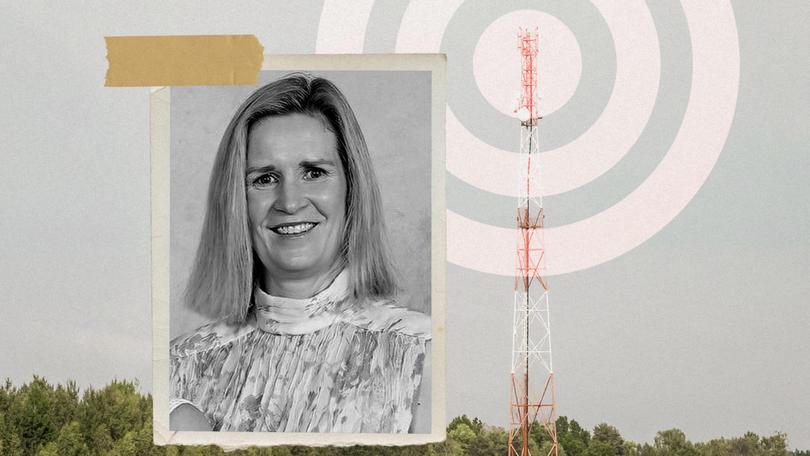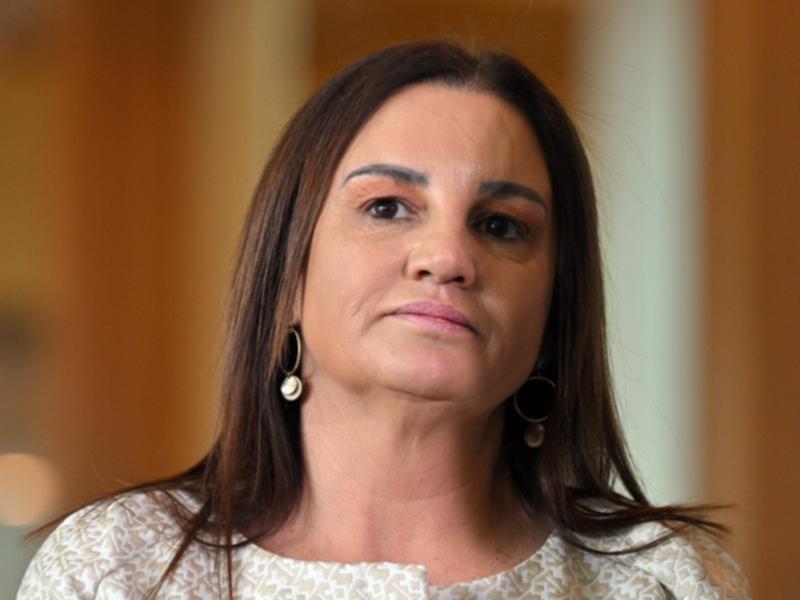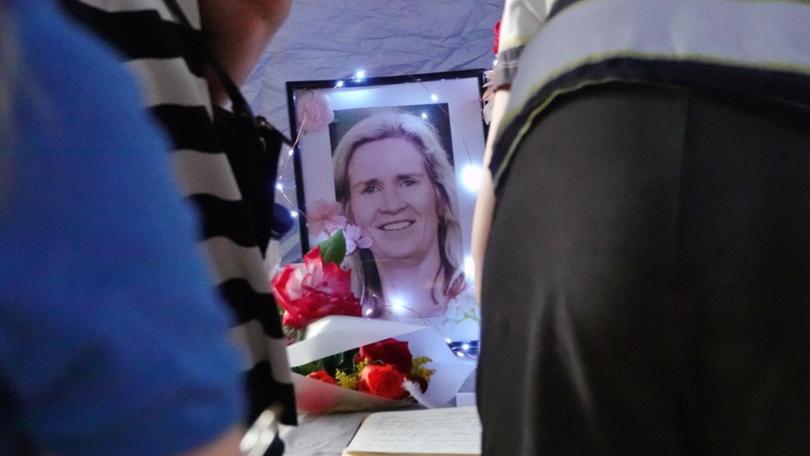‘Absolutely shameful’: Jacqui Lambie blasts telcos over police search fees after Samantha Murphy probe
Jacquie Lambie has given telcos a serve in the wake of the Samantha Murphy investigation, saying they should be ‘ashamed of themselves’ for charging police to retrieve data that could help solve crimes.

Telecommunication companies are “sitting in the gutter and they should be ashamed of themselves” for charging police to retrieve cell phone data for investigations, according to Independent senator Jacqui Lambie.
The issue re-emerged after it took Victoria Police about a month to search the last known area in the disappearance of Victorian mother Samantha Murphy, who disappeared after going for a run on February 4.
The Nightly last week revealed questions have been raised over how long it took for the data to be handed over to investigators as well as the cost incurred in retrieving the cell phone records.
Sign up to The Nightly's newsletters.
Get the first look at the digital newspaper, curated daily stories and breaking headlines delivered to your inbox.
By continuing you agree to our Terms and Privacy Policy.Veteran former Victorian homicide detective Charlie Bezzina told The Nightly police faced financial, legal and technical barriers in their attempts to access phone data in searches such as that for Ms Murphy.
“Anything from carriers that we require in terms of information comes at a cost,” he said.
“It’s frustrating because you then have to limit the amount of information you might be seeking because of the cost, which can reach thousands of dollars.”
Senator Lambie told The Nightly the telcos should be ashamed of themselves for charging police for data.
“A mother is missing and the telcos are charging the police to help find her — that is absolutely shameful,” she said.
“Not only have they lost their moral compass, they are sitting in the gutter and they should be ashamed of themselves.”

Victorian shadow police minister Brad Battin said proper protections needed to be put in place to ensure relevant evidence was available to investigators as soon as possible.
“Delays in investigations are devastating for the families of victims, and to think anyone is profiting whilst families suffer is appalling,” said Mr Battin, a former police officer.
“The government, police and telcos need to sit down ASAP and put in place protections to ensure evidence is available as soon as possible and costs are covered at a relevant time.”
One industry source said retrieving the information costs time and money and the telecommunications companies were simply recouping the cost of performing the searches, which involved diverting staff and resources.
In 2022, WA Police Commissioner Col Blanch revealed telco fees had soared from $600,000 in the 2018-19 financial year to $1 million over a period of 12-months.
Most state policing authorities declined to say how much they had paid telecommunication companies to conduct searches.
An ACT Policing spokesman said they had paid telecommunication companies $388,444 over the past three financial years to perform record searches, including $126,288 in 22-23, $120,145 in 21/22 and $142,071 in 20/21.
Tasmania Police said they had spent $88,700 on requests for data from telecommunications companies in the 2022-23 financial year.

An Australian Mobile Telecommunications Association spokesperson said information and assistance provided by mobile phone operators to law enforcement agencies was charged on a cost-recovery basis.
“Each operator sets its fees based on the costs for providing the specific assistance or information, and price lists are given to the law enforcement agencies,” she said.
“An operator may choose to adjust its prices to ensure they comply with the cost-recovery principle.”
The Telecommunications Act said providers must “neither profit from, nor bear the costs of, providing such assistance” to policing authorities.
Mrs Murphy, 51, vanished on February 4 when she went for a Sunday morning run from her home in the regional Victorian city of Ballarat. Almost five weeks after her disappearance, police charged local man Patrick Orren Stephenson, 22, with her murder.
The mother-of-three’s body has still not been found.
Victorian police have not commented publicly on what role mobile phone data played in the search for Mrs Murphy and the arrest of Mr Stephenson.
They would not comment for this article due to the matter being before the court.

